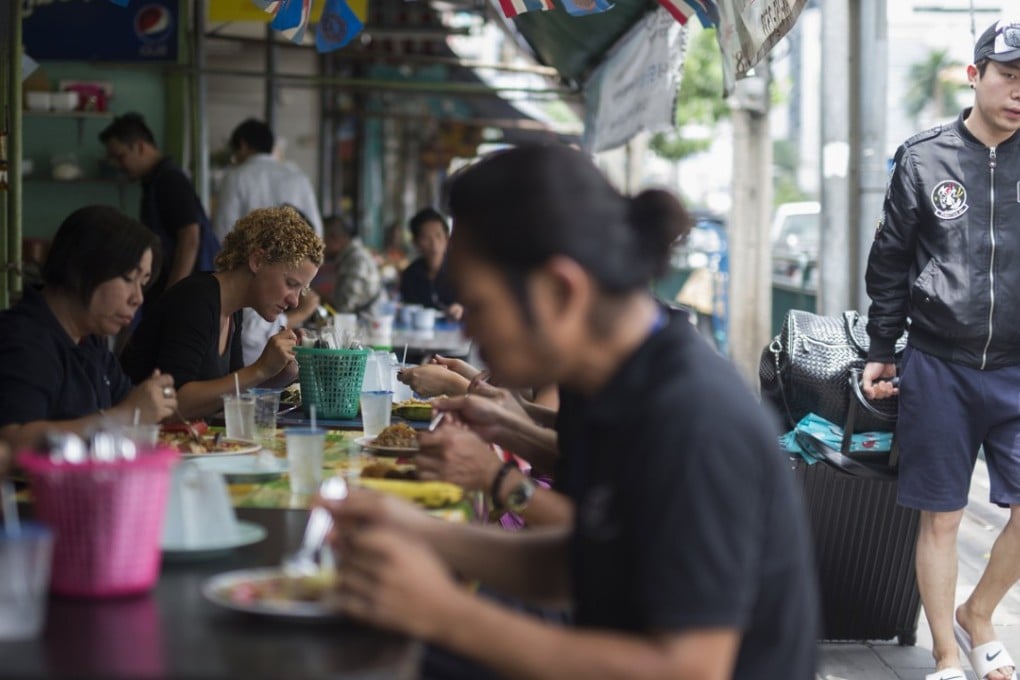Why is Bangkok banning its famous street food stalls?
As the government begins to implement a near citywide ban to ‘take back the sidewalks’, Thai vendors chew over returning to their villages or trying to ride out the storm

Street vendor Champ arrived in Bangkok in 2002 from the impoverished northeast region of Isaan to open a small food stall on the lively street of Sukhumvit Soi 38. He and his wife worked there, alongside dozens of other Thai vendors, for 14 years.
But when the owner of the building they worked next to died in 2014, his family sold the property for the construction of a luxury condominium and Champ and his fellow vendors were required to move.
The vendors asked to remain temporarily so they could prepare to relocate their stalls. However, even though Soi 38 had been known as one of the best places for street food in the city, news that the neighbourhood was changing spread quickly and business began to wane.

The building was demolished in 2016, leaving the vendors with few alternatives. Some simply relocated to the opposite sidewalk, but there was little foot traffic and no stores in operation. Others opted to return to their provinces to seek better opportunities. For those who stayed, the news would only get worse.
Half a year later, at a district meeting, authorities announced a near citywide ban on food stalls. It started on the main streets of Thonglor and Ekkamai on April 17. The ban is supposed to spread to smaller streets as well, though no date has been given.
